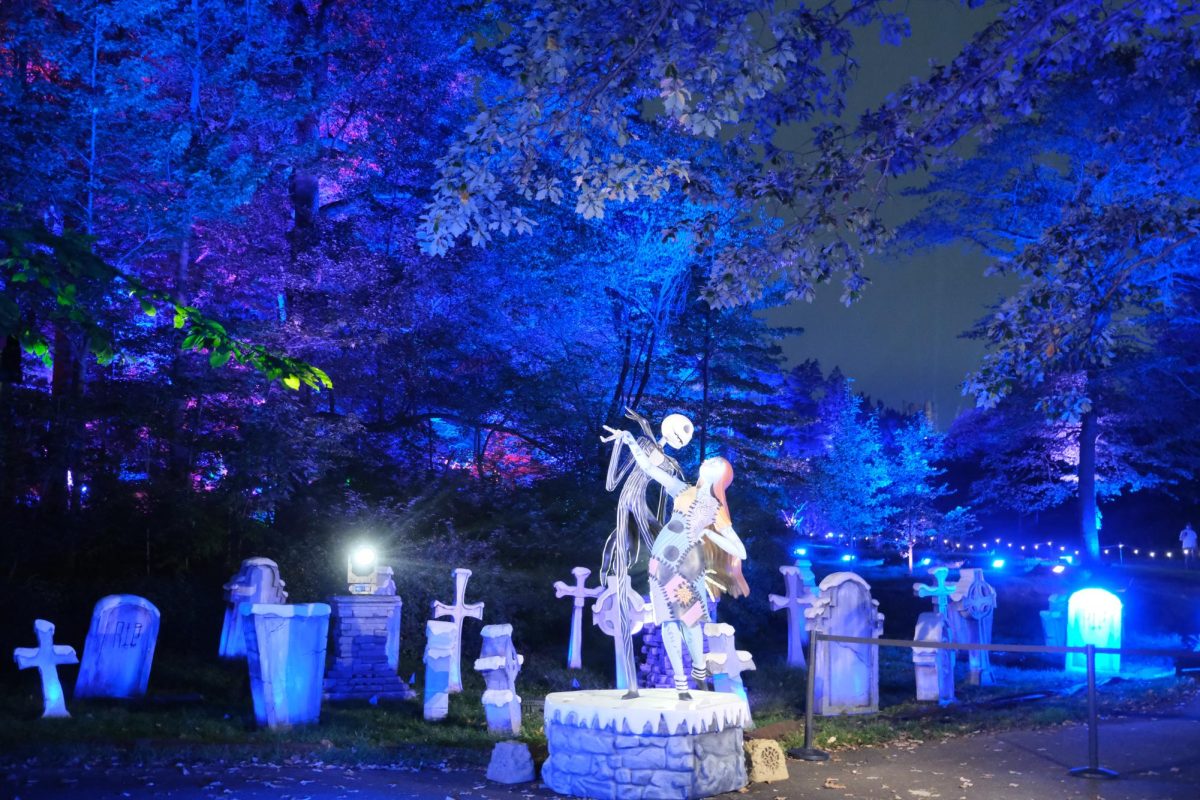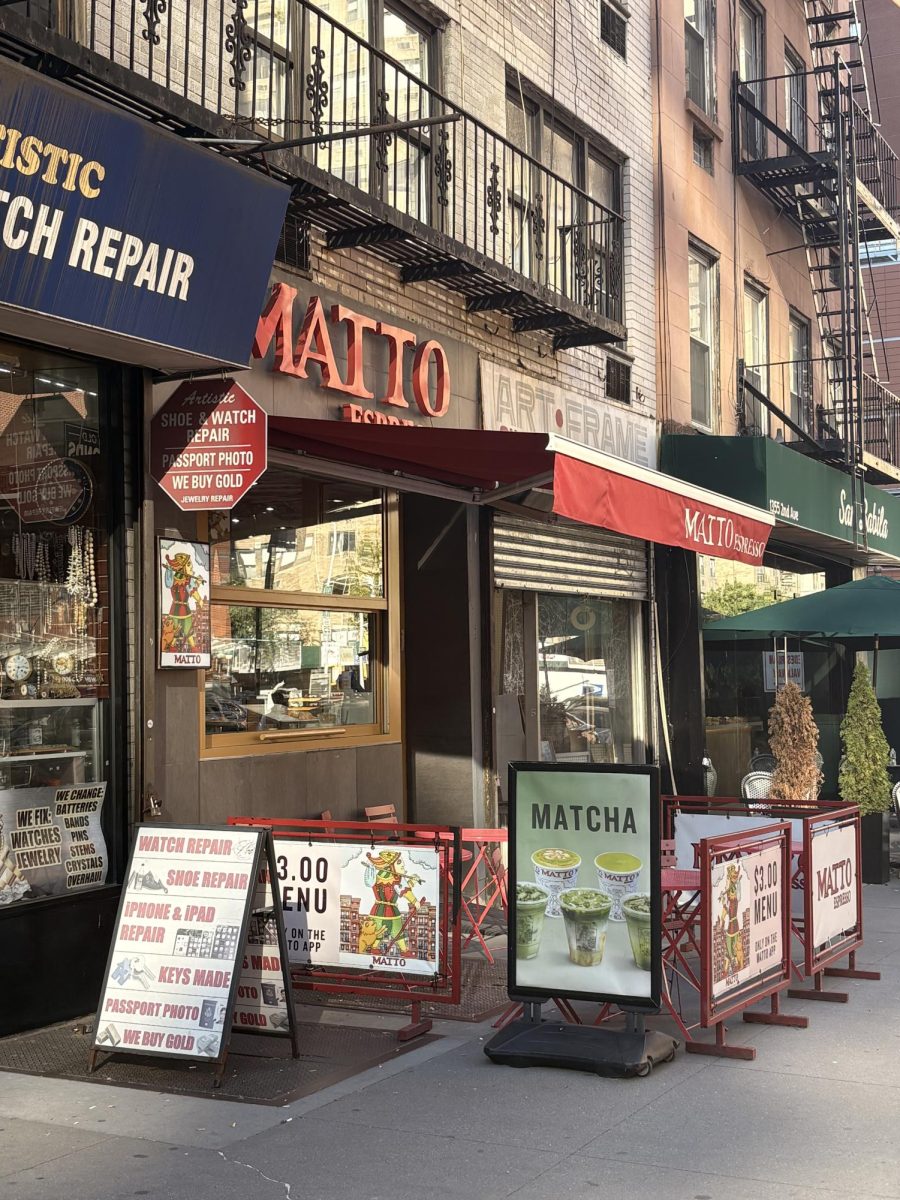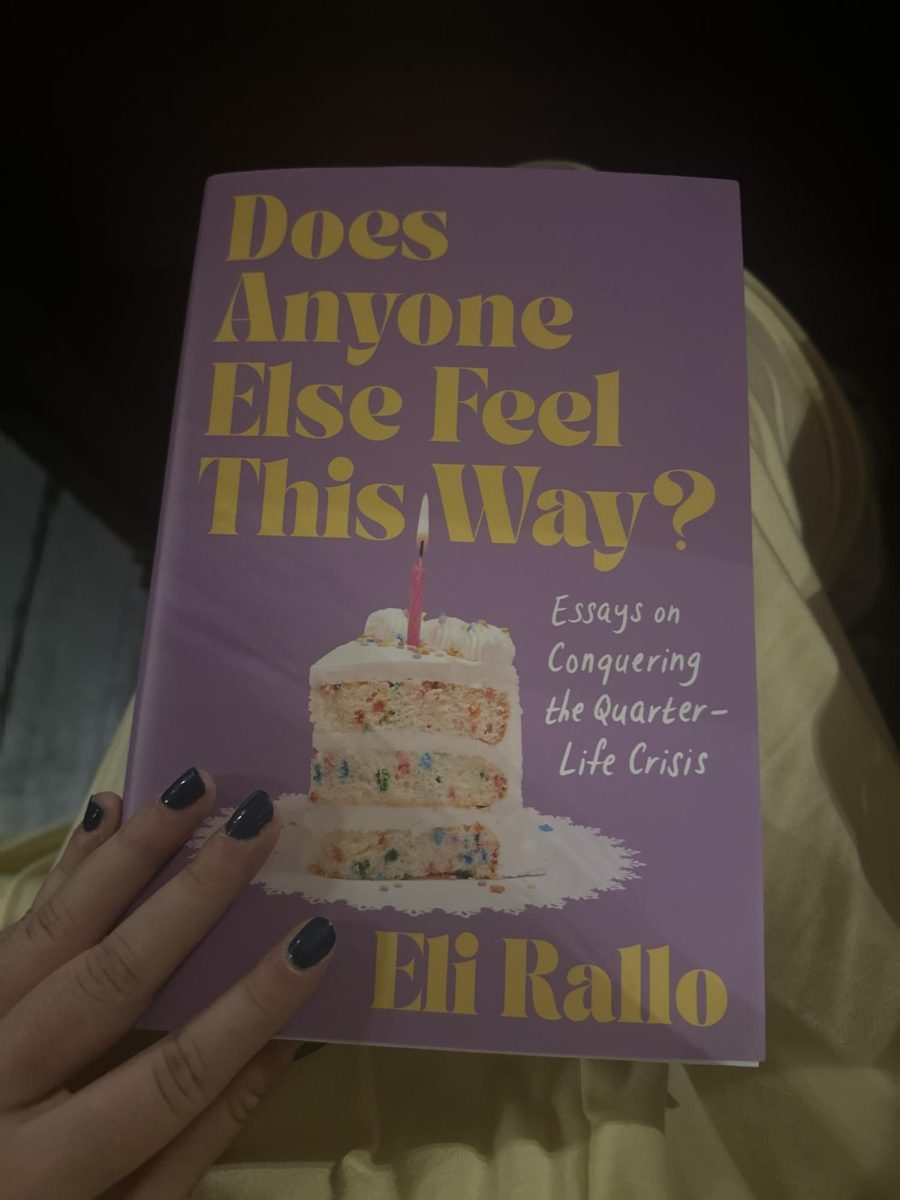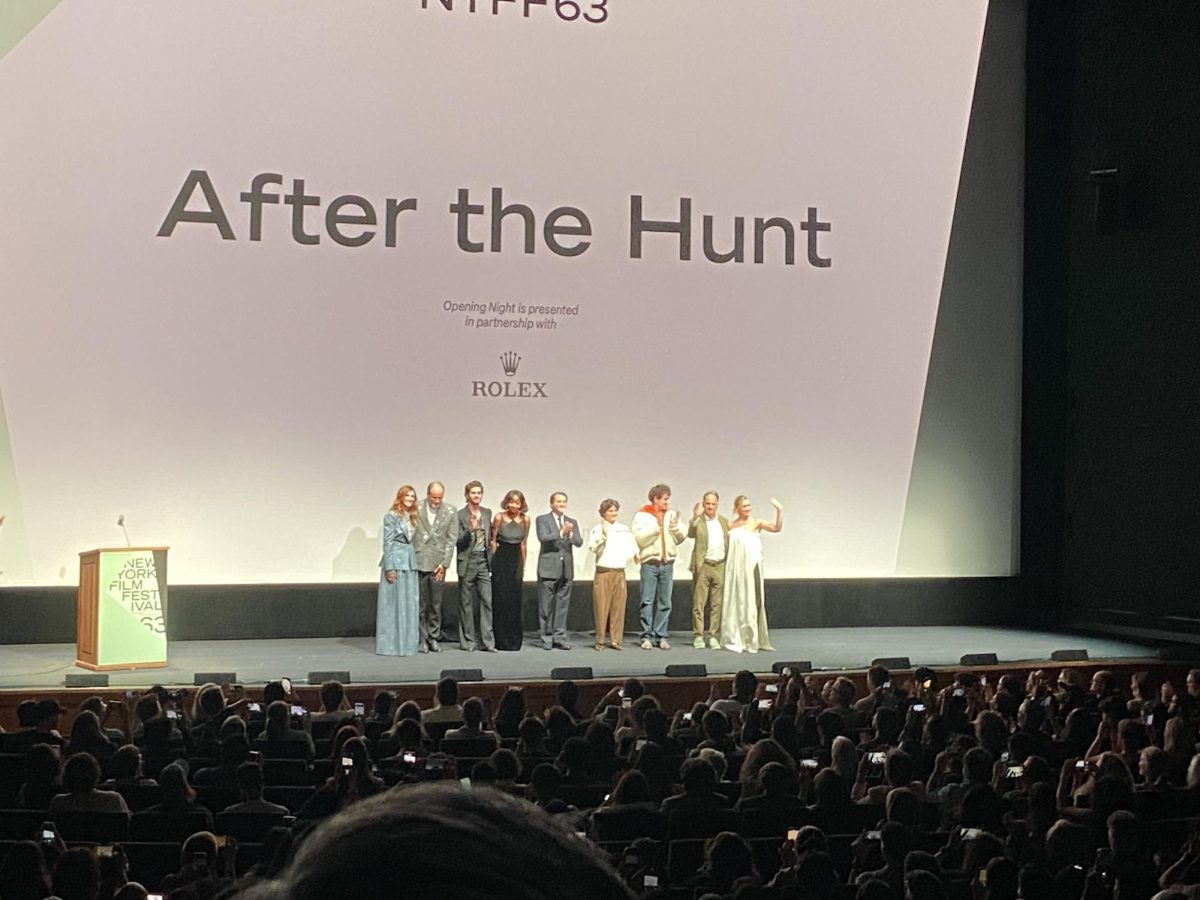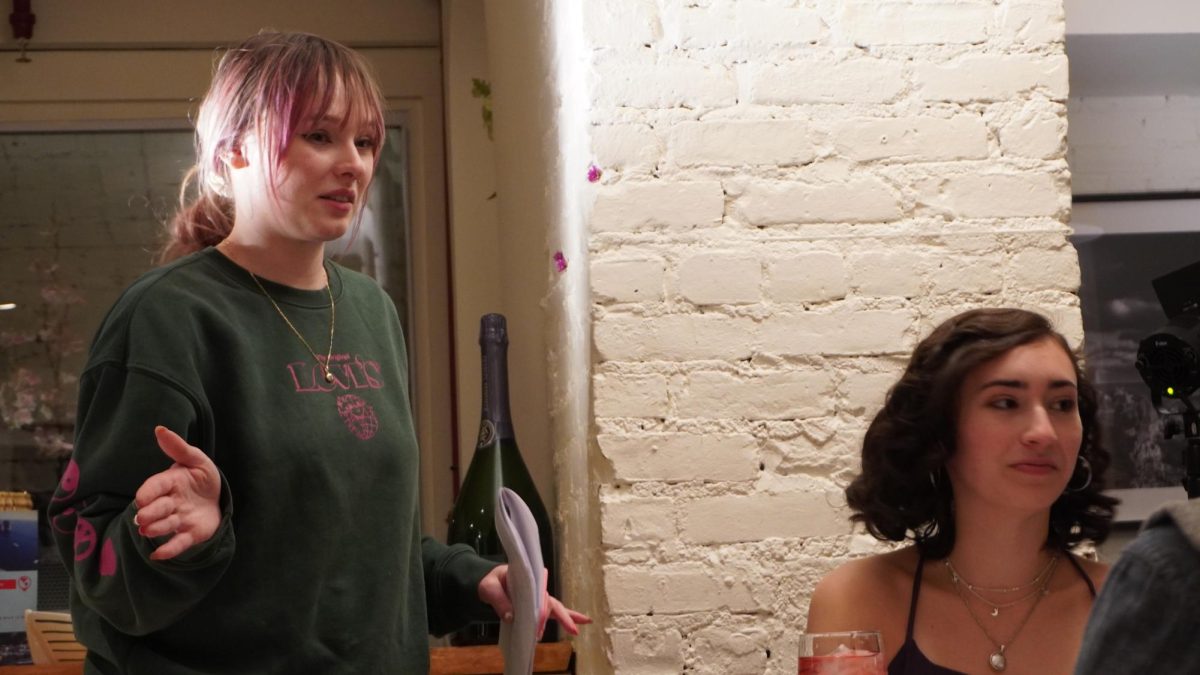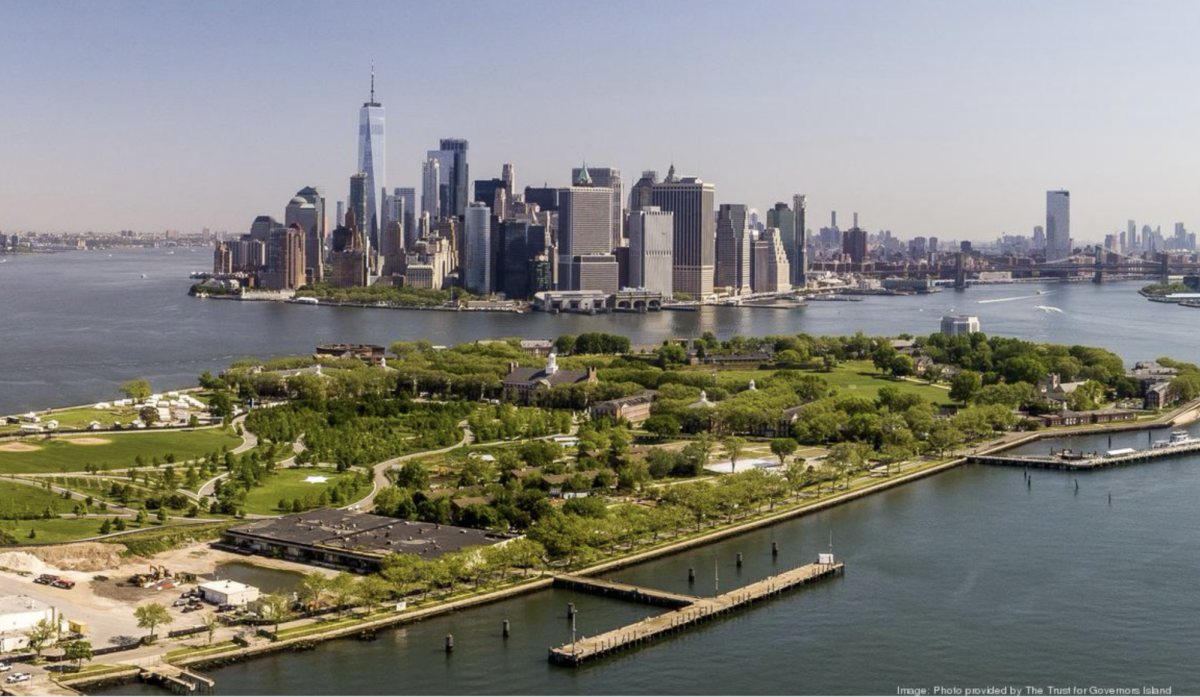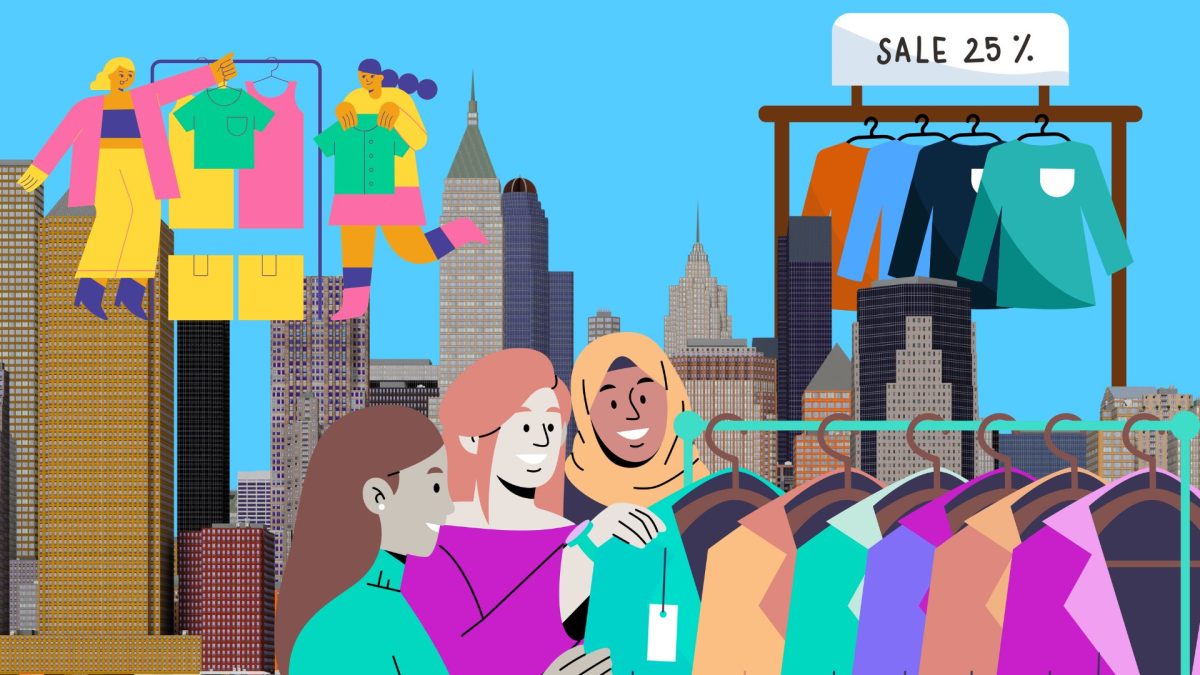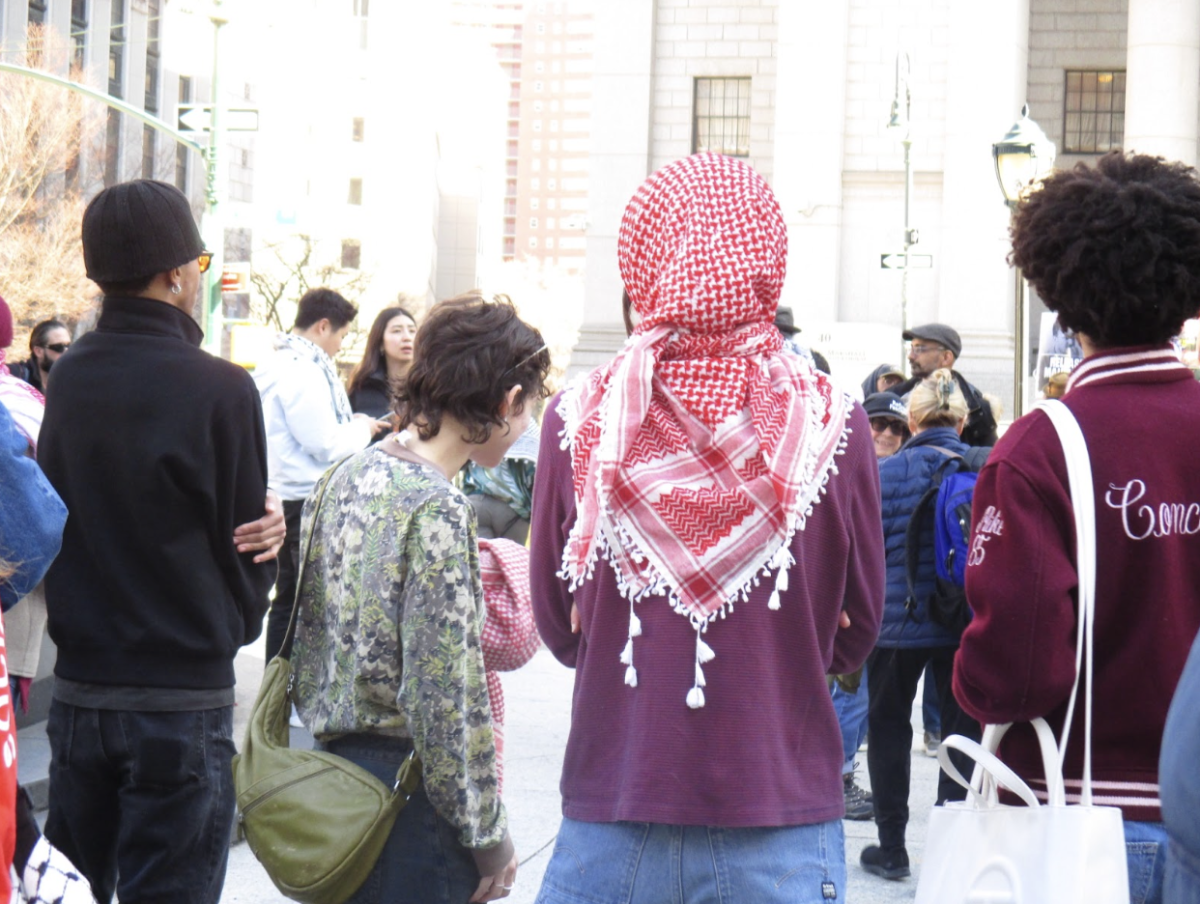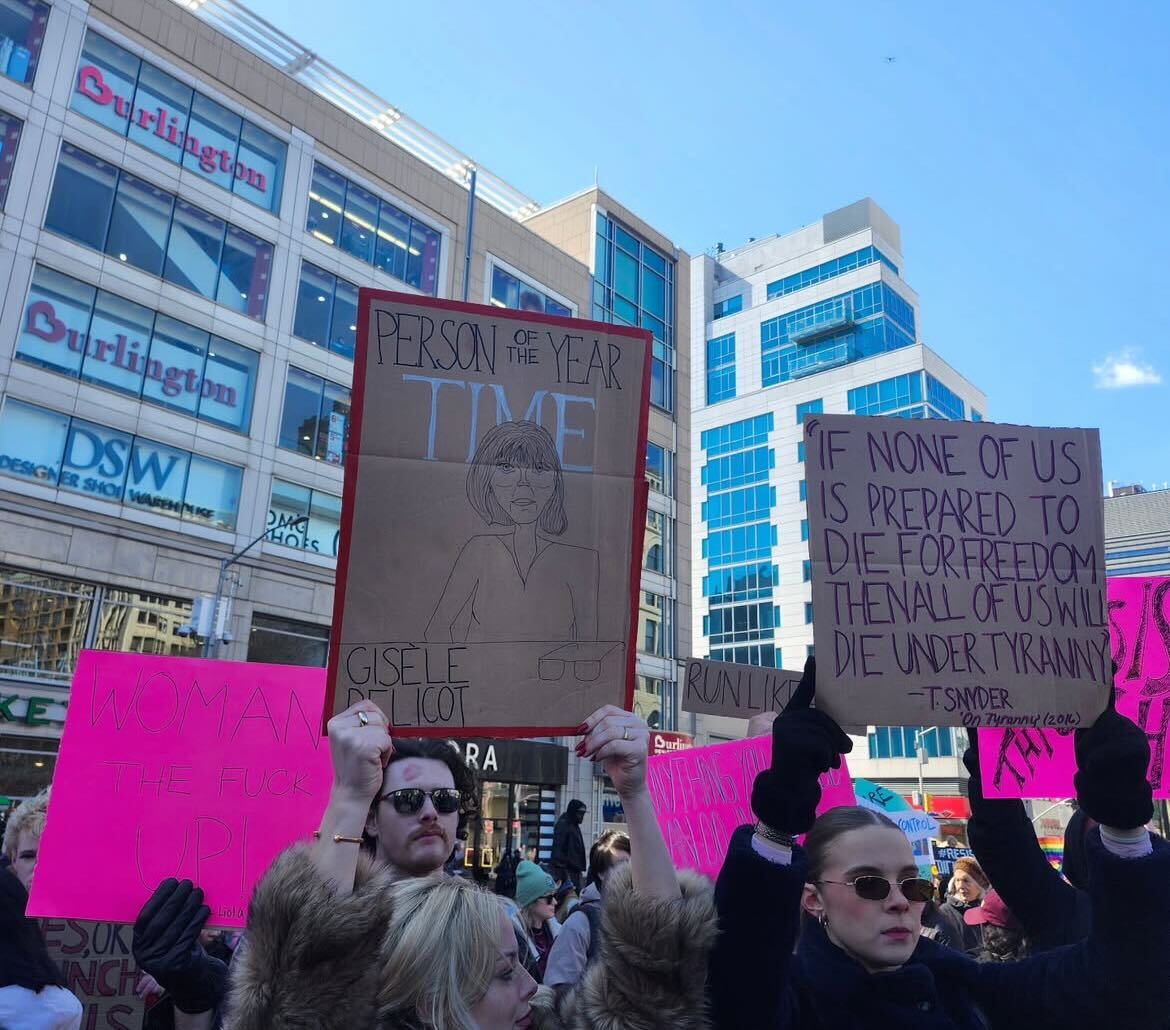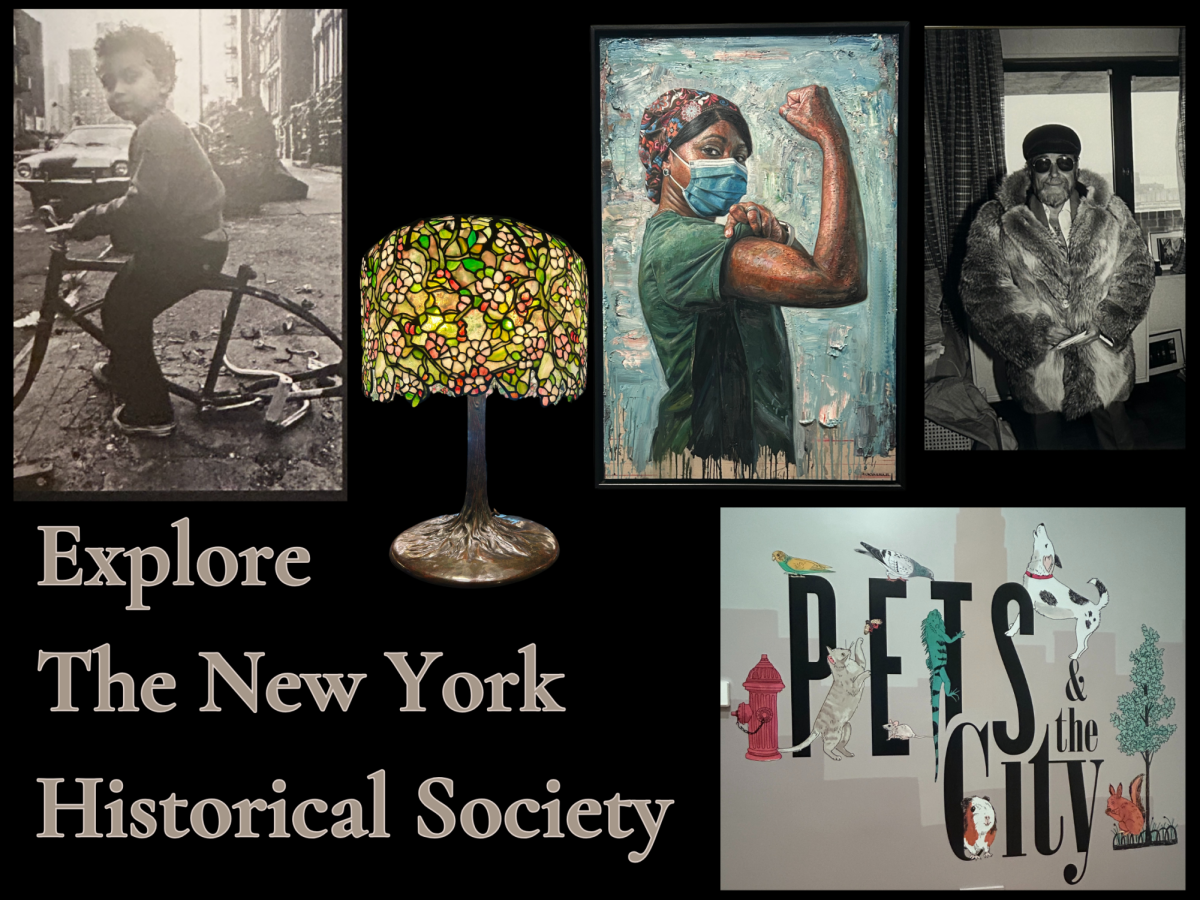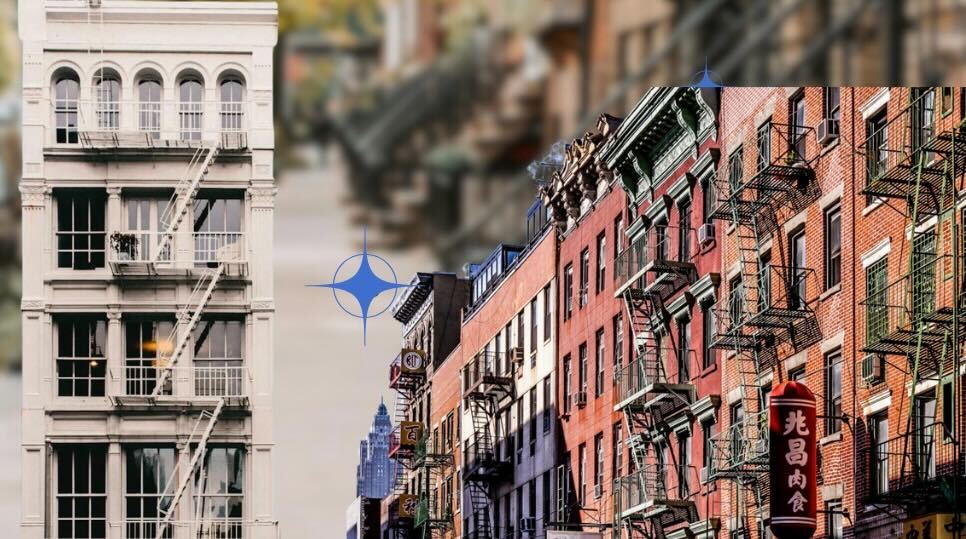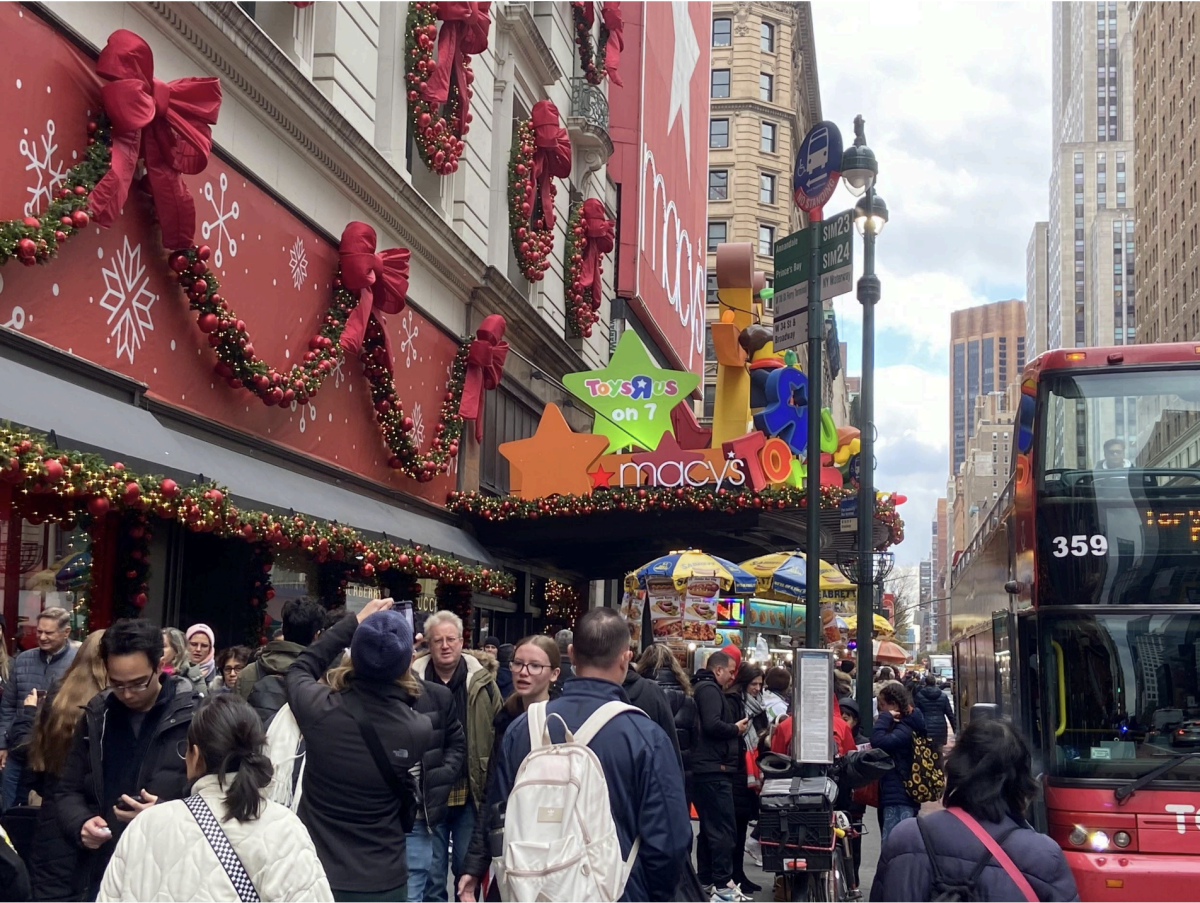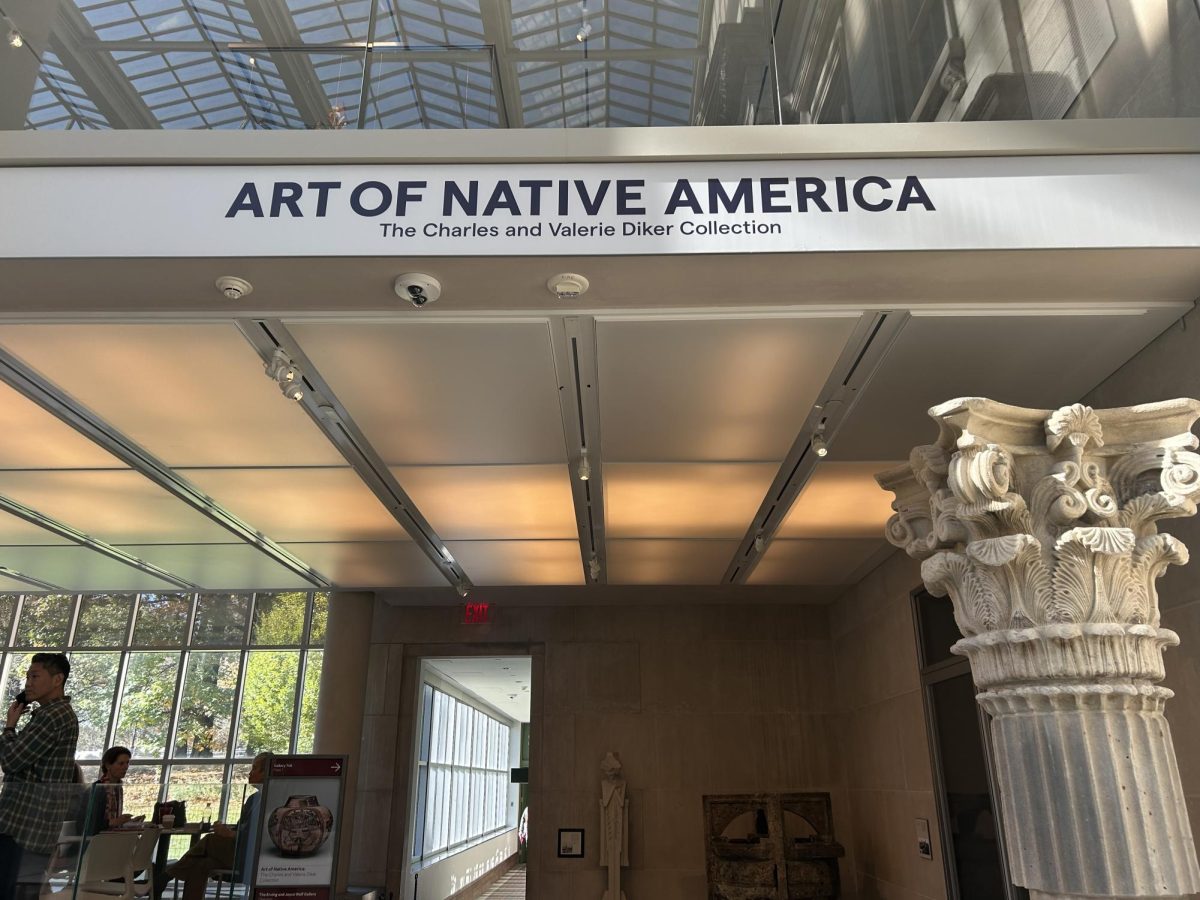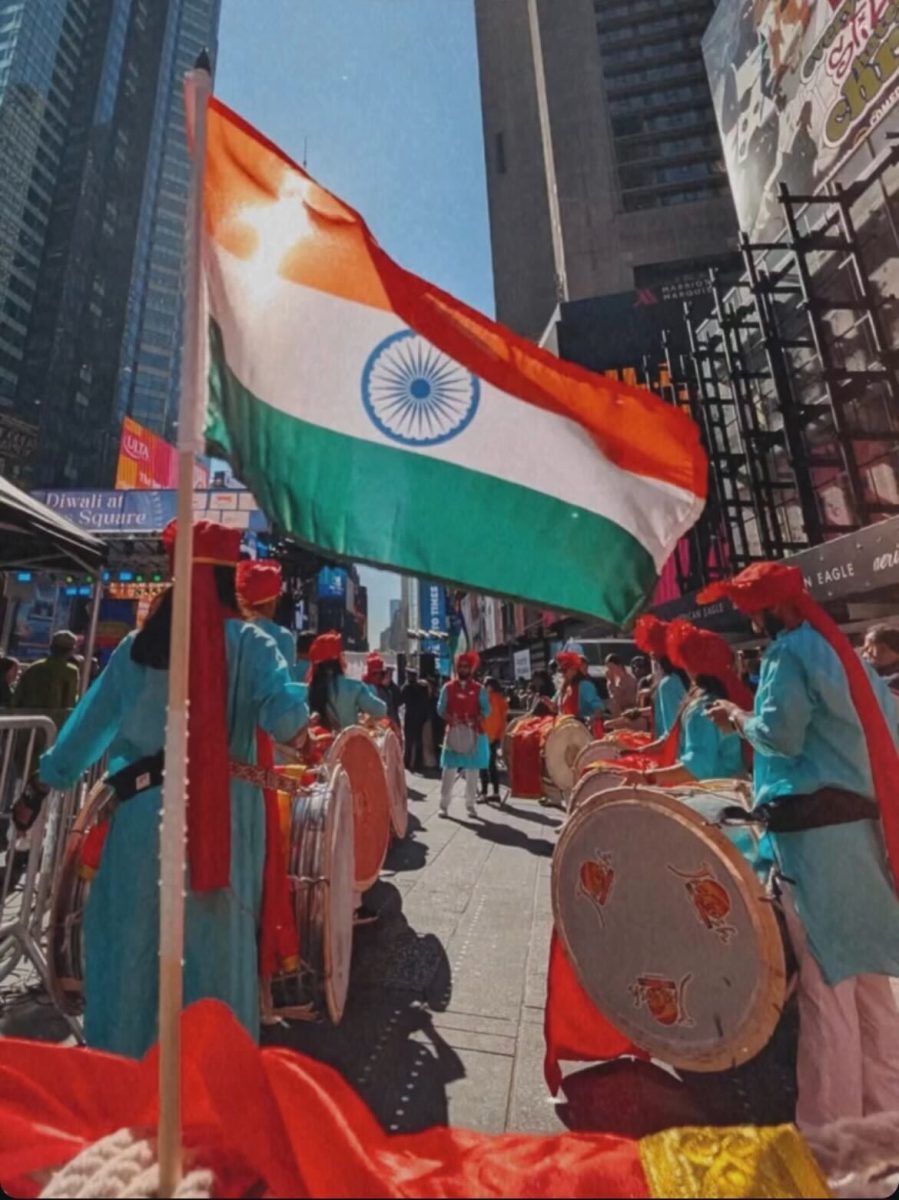The Bangladesh Street of Jackson Heights on 73rd Street and 37th Ave paints a picture of home to the Bengali immigrants of NYC. During the hours of Islamic prayer, Men can be seen walking by the streets wearing Muslim skull caps and women in hijabs to visit the Masjid Abu Huraira. After the prayers, the Bangladeshi street vendors pick up the threads and sell Islamic goods to the community that may not be available at feasible prices in the retail stores of New York City.
“He told us, ‘If you sell again, we’ll pick up all your business stuff.” says Mohammed Ashraful Biswas, 55 to The City. Biswas is one of the first street vendors to have started selling Islamic goods back in 2008 and he was issued a $250 ticket for unlicensed street vending by the NYPD.
On March 8, 2024, days before the beginning of the holy month of Ramadan, the Bangladeshi street vendors of Jackson Heights selling Islamic goods were banished by the NYPD for unlicensed street vending. These vendors have been selling goods like prayer mats and hijabs without license for over two decades ahead of Ramadan every year to connect with the Bangladeshi Muslim community of Jackson Heights.
“I got my Eid clothes from Jackson Heights and stuff from the street vendors there are pretty cheap and accessible. My family has been going to Jackson Heights and buying stuff from there for a long time because there is a big Bengali community there.” says Tanisha Malik, a student of Bangladeshi descent from Marymount Manhattan College.
The corners of NYC are home to different immigrant communities and the street vendors have helped to build these communities through selling goods that remind them of home and culture. Ramadan is the holy month for Muslims during which they worship and fast as an act of spiritual discipline. The NYPD’s enforcement actions have not only disrupted the livelihoods of these vendors but have also touched the sentiments of Muslim communities across NYC, particularly during this sacred time of Ramadan.
The street vendor licensing issue is a gaping matter of concern as many potential and previous vendors of NYC are unable to secure a place on the chock-full waiting list issued by the Department of Consumer and Worker Protection (DCWP). Street vendors selling goods are henceforth selling with fear and without a license to meet their ends.
“Honestly, this news was very disappointing and interesting because I didn’t know that you have to have a license and how hard it was to get one. The NYPD didn’t bring this licensing issue up earlier and they are bringing it up now of all times which is upsetting because people make a living out of selling this stuff. I think people should be more aware about how these people have lives and families to take care of and just because they don’t have a license, they can’t sell products that people find affordable.” says Malik upon hearing about this incident.

